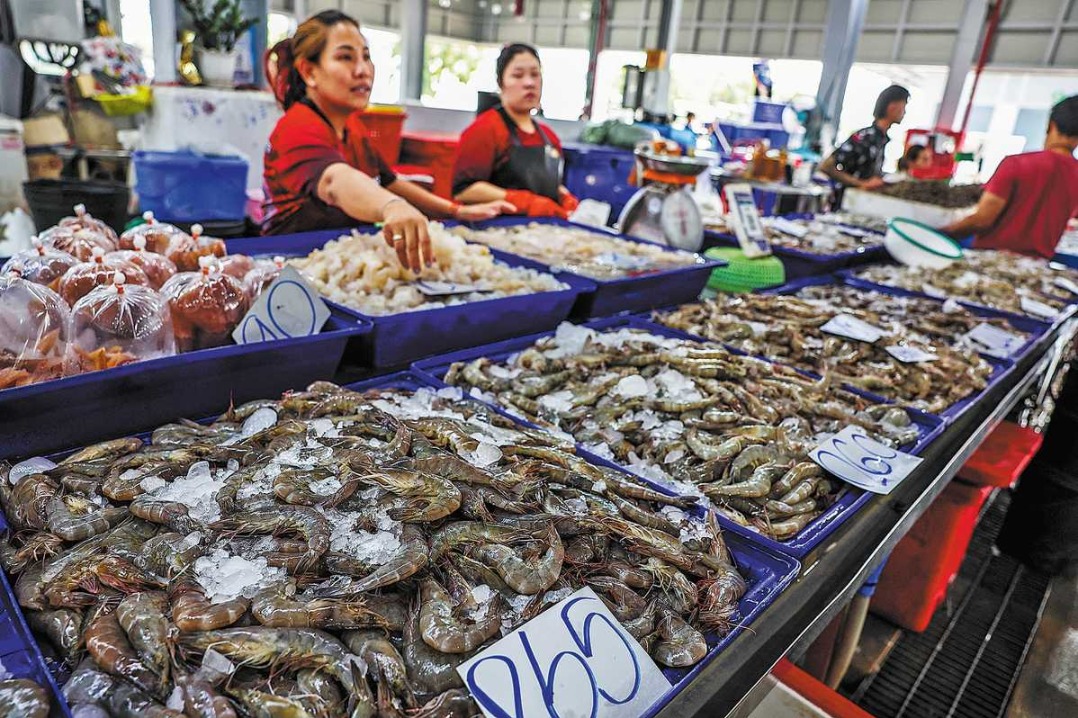Juvenile African elephants adapting well to life at Beijing Wildlife Park



BEIJING - In a wildlife park in the southern outskirts of Beijing, 12 juvenile African elephants, aged five to seven years, have spent the past year getting used to life in China.
They are among a herd of 35 African elephants shipped from Zimbabwe to China at the end of 2016.
"The elephants have adapted to life in Beijing. They are in good health and have adapted to life here," said Wu Zhaozheng, general manager of Beijing Wildlife Park.
With the herd, the park now has the largest African elephant population of any zoo in northern China.
"We hope to better protect and breed elephants, strengthen exchanges and cooperation between domestic and foreign zoos, and contribute to the China-Africa friendship tie and animal protection," Wu said.
The park is the size of more than 330 standard soccer fields. The African Elephant House covers more than 1,500 square meters, with thousands of square meters of outdoor activity areas surrounded by areas of large trees.
The morning starts with outdoor activities for the five male and seven female African elephants.
While they are playing, the park staff clean their enclosure.
Bi Zhenchao, 35, head elephant keeper at the park, leads the cleaning with his coworkers checking the elephant's droppings and urine. The daily defecation of each elephant can be up to 100 pounds.
Bi used to work at a well-known computer company in Zhongguancun, Beijing's tech and innovation hub. He quit the job in 2013 to follow his passion for animals. He is now in charge of the juvenile elephants.
After the elephants return to their enclosure in late afternoon, Bi begins to conduct behavioral training, which includes how to open their mouths, lift their legs or lie down on the ground at his command.
He also checks their feet. The elephants know the command for their "foot massage." They lift their feet and place them on the edge of the cage.
Bi first carefully cleans the soil from their feet with a brush and then trims their nails.
"In the wild, elephants walk 15 to 20 kilometers a day. That much walking naturally wears down their nails. But at the zoo, their nails must be trimmed manually. Without this treatment, their weight will break the nails and the cracks on their soles can also easily become infected," Bi said.
A balanced diet is crucial to the elephants' growth. A juvenile elephant eats some 100 pounds of corn stalks, 80 pounds of hay and leaves, and 30 pounds of fruit and vegetables each day.
Bi said that the zoo has contracted more than 1.3 hectares of nearby land to grow corn.
Since arriving in Beijing, the young elephants have grown well. The largest is already 2 meters tall. Their weight has increased by around 500 kilograms on average, with the heaviest now close to 2 tonnes.
Bi understands the personalities of each elephant. He hopes this herd will produce babies in the future.
The park manager said they are working to further expand the elephants' outdoor activity venue.

































